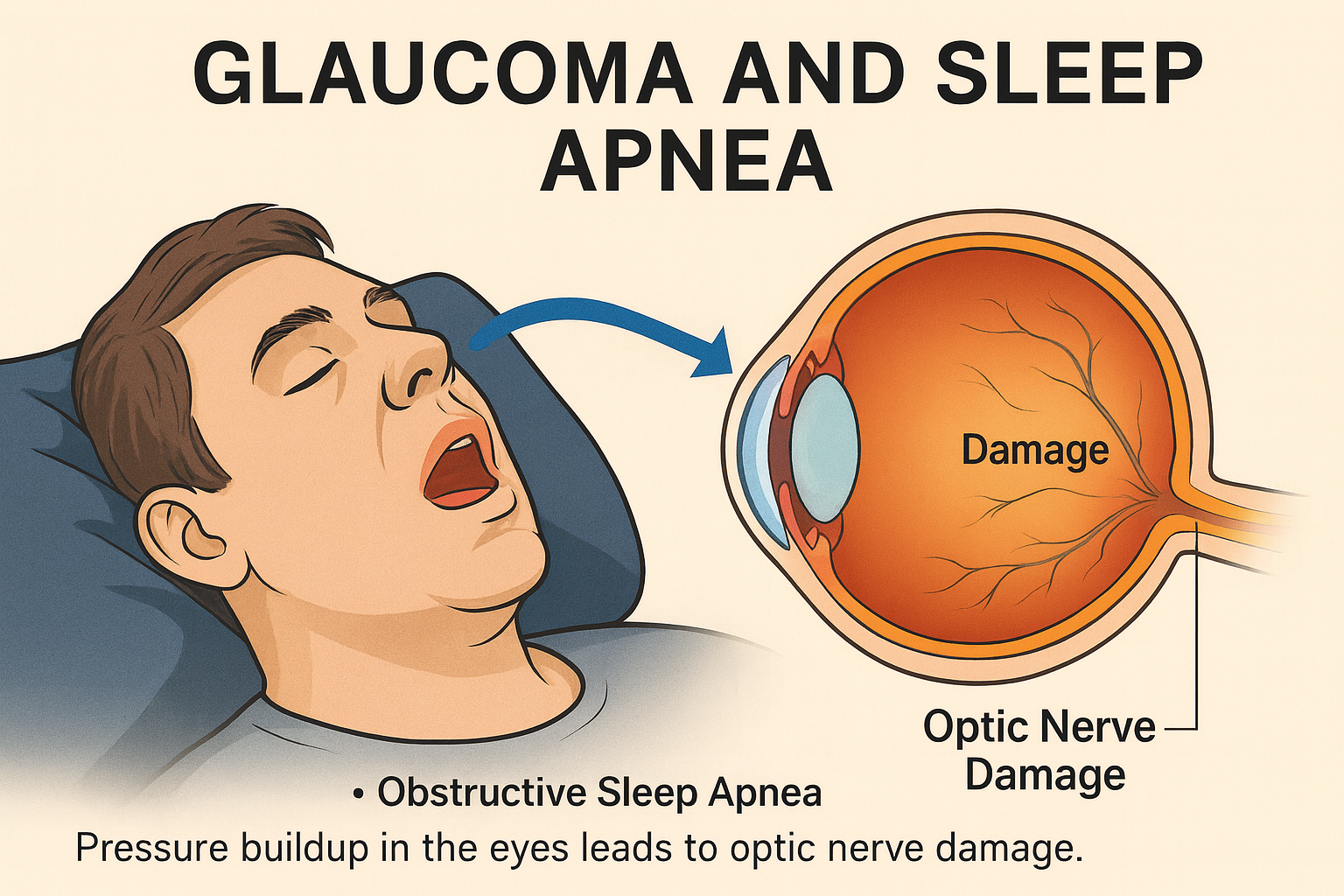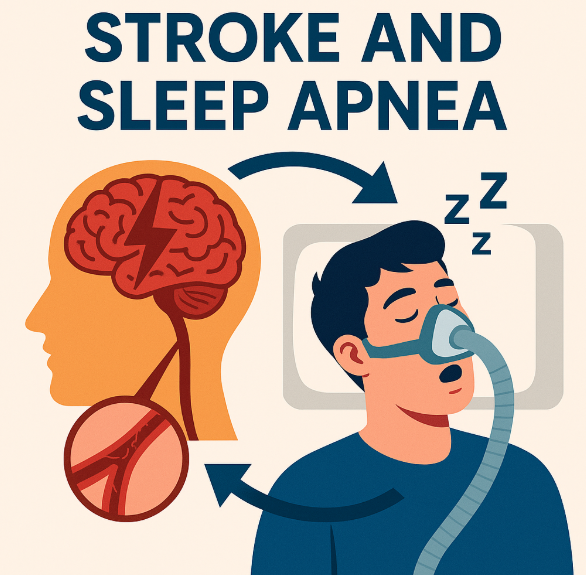Sleep Fragmentation refers to a disruption in the normal pattern of sleep, where a person's sleep is frequently interrupted or disturbed. Frequent arousals during sleep also disrupt the circadian cycle. This results in poor sleep quality and poor daytime function.
In this article I will write about understanding sleep fragmentation, causes of sleep fragmentation, consequences of sleep fragmentation and some solutions to improve sleep fragmentation.
Understanding sleep fragmentation is important for several reasons:
- Health consequences: Sleep fragmentation can lead to a range of negative health consequences, including daytime sleepiness, impaired cognitive function, mood disturbances, and an increased risk for accidents and chronic diseases such as diabetes, hypertension, neurologic disease and cardiovascular disease.
- Diagnosis and treatment implications: Identifying and treating the underlying causes of sleep fragmentation is important for improving sleep quality and preventing the negative health consequences associated with disrupted sleep. Sleep fragmentation can be a symptom of various sleep disorders such as sleep apnea, restless leg syndrome, and insomnia, and proper diagnosis and treatment of these disorders can help alleviate symptoms.
- Public health implications: Sleep fragmentation is a public health concern, as it can impact work performance, productivity, and safety, particularly in individuals who work in safety-sensitive industries such as healthcare, transportation, and manufacturing. Understanding the causes and consequences of sleep fragmentation can help inform workplace policies and interventions to promote healthy sleep habits and improve outcomes.
In summary, addressing sleep fragmentation is important for overall health, mental performance and well-being of every individual.
Causes of sleep fragmentation
While sleep disorders are often the main cause of sleep fragmentation, it could also be caused or worsened by a number of other factors:
- Medical conditions: Medical conditions such as chronic pain, gastroesophageal reflux disease (GERD), and neurological disorders can also cause sleep disturbances.
- Medications: Some medications, such as antidepressants, stimulants, and corticosteroids, can disrupt sleep.
- Lifestyle factors: Lifestyle factors such as excessive alcohol consumption, caffeine intake, and tobacco use can also interfere with sleep.
- Environmental factors: Environmental factors such as noise, light, and temperature can disrupt sleep, as can sleeping in an uncomfortable bed or room.
- Stress: Stress and anxiety can cause difficulty falling asleep and lead to frequent awakenings throughout the night.
- Aging: As we age, our sleep patterns can change, and older adults may experience more frequent awakenings during the night.
It's important to identify the underlying cause of interrupted sleep in order to develop an effective and personalized treatment plan. Understanding what is the threshold of sleep fragmentation is for your health, age and medical condition will be important. Your Empower Sleep care provider will help with teasing out what is contributing to your sleep fragmentation.
Strategies for addressing sleep fragmentation
If you have an underlying medical condition or sleep disorder that is causing sleep fragmentation, it's important to seek treatment for that condition. Treatment options may include medication, therapy, or lifestyle changes. When there are no underlying sleep disorders, lifestyle changes and sleep hygiene improvements are the key areas of focus.
- Develop a regular sleep schedule: Going to bed and waking up at the same time every day can help regulate your body's natural sleep-wake cycle and improve sleep quality.
- Create a sleep-conducive environment: Make sure your sleep environment is dark, quiet, and comfortable. Use earplugs, eye masks, or white noise machines to block out noise and light.
- Avoid caffeine and alcohol: Caffeine and alcohol can disrupt sleep, so it's best to avoid consuming them in the hours leading up to bedtime.
- Practice relaxation techniques: Activities such as meditation, deep breathing, or progressive muscle relaxation can help calm your mind and body before bedtime.
- Exercise regularly: Regular exercise can improve sleep quality, but it's important to avoid vigorous exercise in the hours leading up to bedtime.
- Limit screen time before bed: The blue light emitted by electronic devices can interfere with sleep, so it's best to avoid using electronic devices in the hour or two before bedtime.
- Consider cognitive behavioral therapy for insomnia (CBT-I): CBT-I is a form of therapy that has been shown to be effective in treating insomnia and improving sleep quality.
It's important to be patient and persistent when trying to fix sleep fragmentation, as it can take time to establish healthy sleep habits and see improvements in sleep quality. If you continue to experience sleep disturbances despite making these changes, it may be helpful to speak with your Empower Sleep provider for further evaluation and treatment.





























































































%20thumbnail.jpg)
.png)